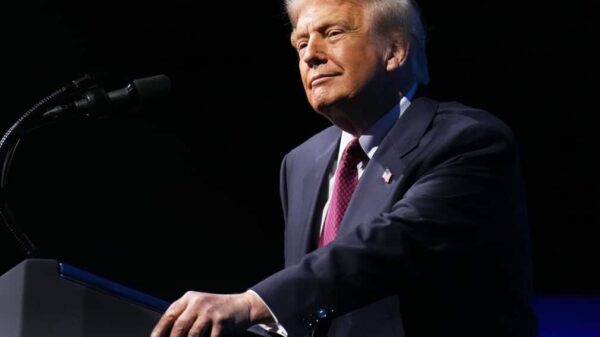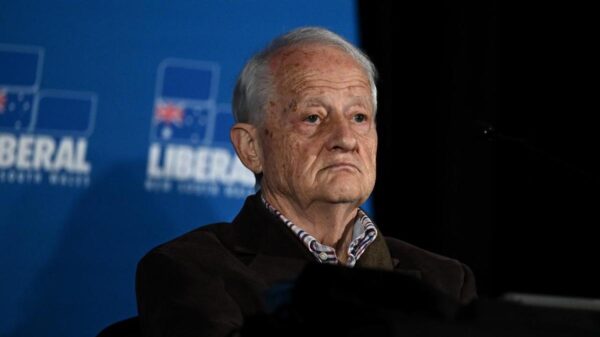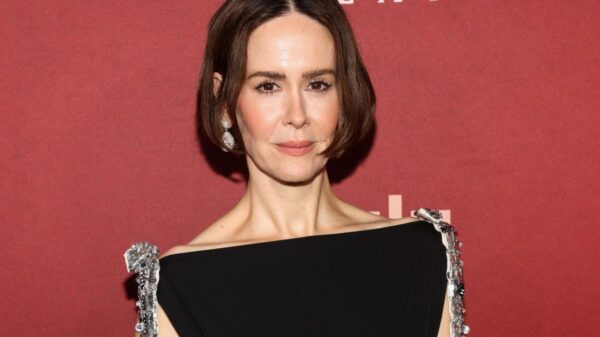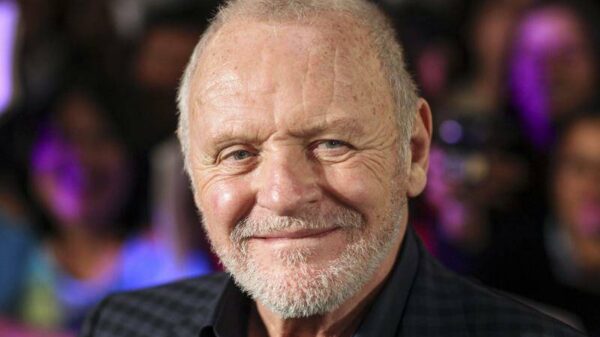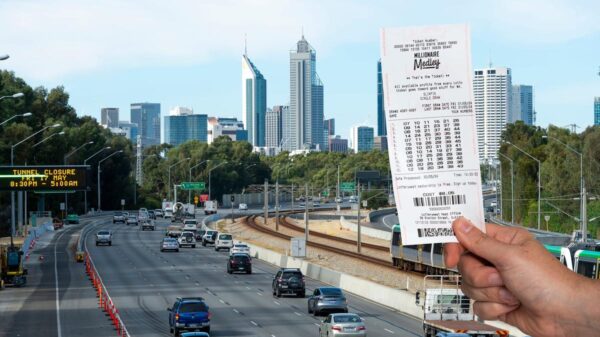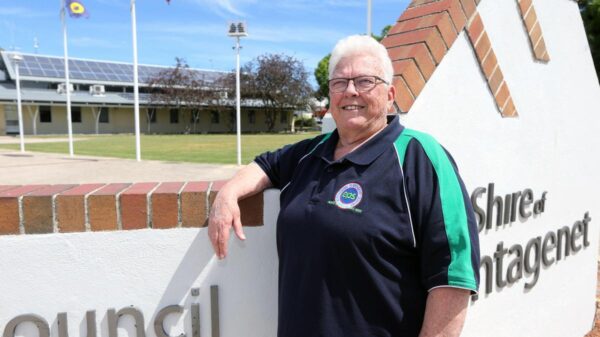Barnaby Joyce, a prominent member of the Nationals party, has not dismissed the possibility of switching to One Nation, a move that could significantly alter the political landscape in Australia. Joyce, who has served as the Deputy Prime Minister and has been a key figure in Australian politics for over a decade, is currently weighing his options amid ongoing discussions regarding the future direction of the Nationals.
Joyce’s openness to the idea of joining One Nation, a party known for its strong stance on immigration and economic nationalism, comes as the Nationals face internal challenges and declining support. In recent months, there have been increasing calls for a reevaluation of the party’s policies and leadership strategies to better resonate with the electorate.
Political Landscape Shifting
The current political environment has prompted Joyce to consider his position. Recent surveys indicate that the Nationals have struggled to maintain voter enthusiasm, particularly in rural areas, where support for alternative parties like One Nation is gaining traction. As the political climate evolves, Joyce’s potential move could be influenced not only by personal aspirations but also by the strategic interests of the Nationals.
Joyce’s history with the Nationals is notable. He first entered the Australian Parliament in 2004 and has held various leadership roles, including serving as the party leader from 2016 to 2018. His experience and visibility in the political arena make any potential shift to One Nation noteworthy.
Speculation about Joyce’s future has intensified following his recent statements, which suggest he is keeping his options open. In a recent interview, Joyce mentioned, “It’s important to consider all avenues for the benefit of our constituents and the direction of our party.” This statement indicates he is weighing not just loyalty to the Nationals but also the broader implications for his political career.
Implications for the Nationals
If Joyce were to transition to One Nation, it could lead to a reconfiguration of party dynamics within the National Party. The implications of such a move could extend beyond Joyce himself, potentially influencing other members who might follow suit. A shift of this magnitude could challenge the Nationals’ traditional base and attract further scrutiny regarding their policies and leadership.
The political ramifications of Joyce’s decision will likely unfold in the coming months, particularly as Australia approaches future elections. Political analysts suggest that any shift by a figure as significant as Joyce could alter voter perceptions and party alignments in surprising ways.
As the situation develops, Joyce’s potential transition remains a focal point in Australian politics. Observers are keenly watching how this scenario will unfold and what it could mean for the future of both the Nationals and One Nation.







